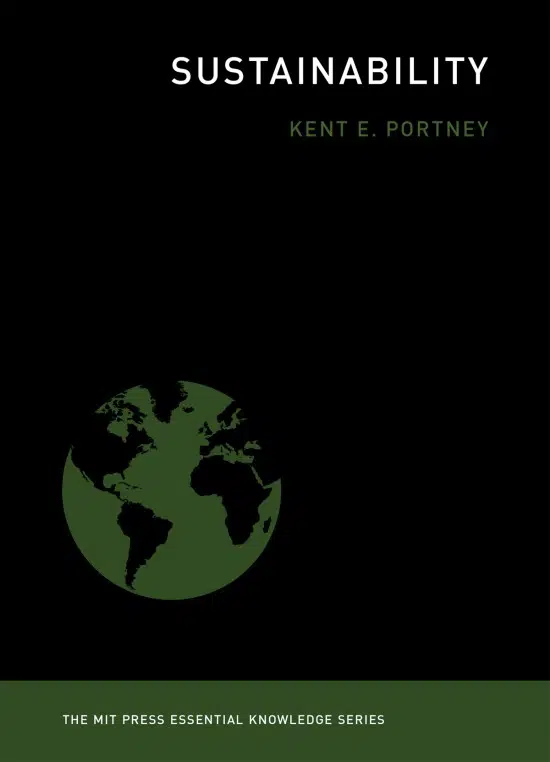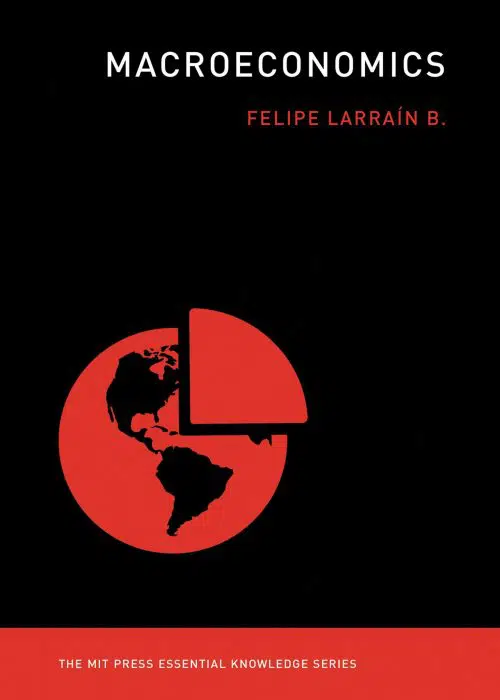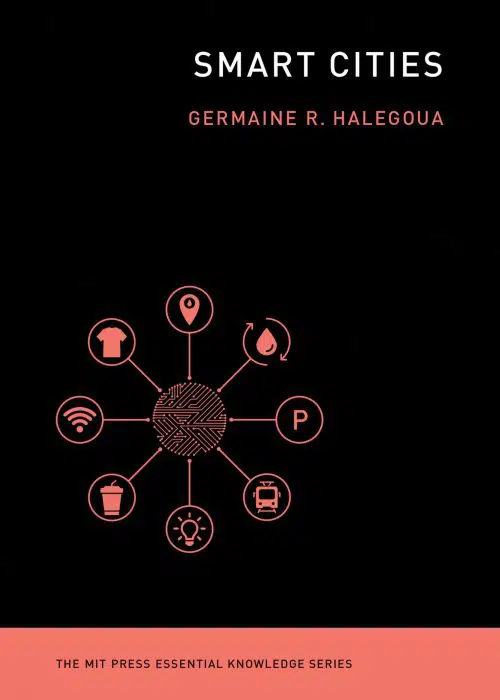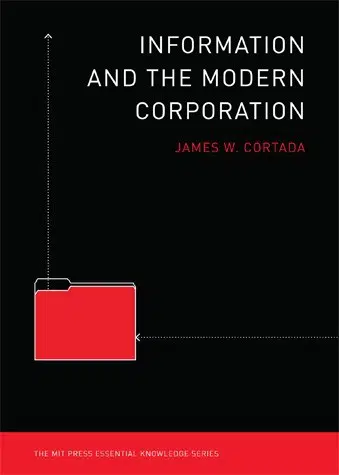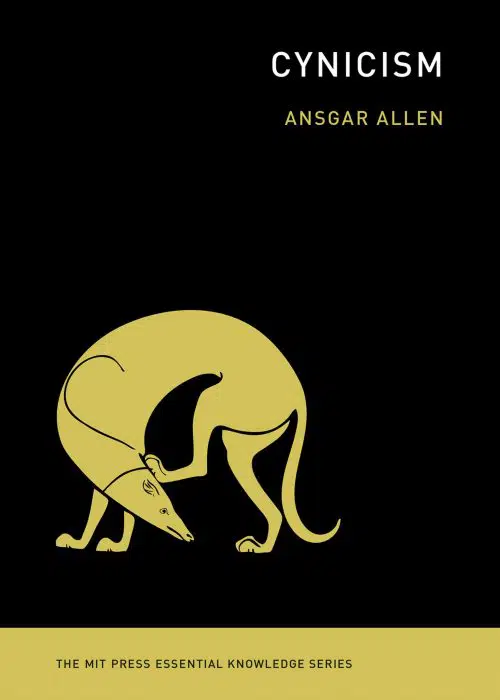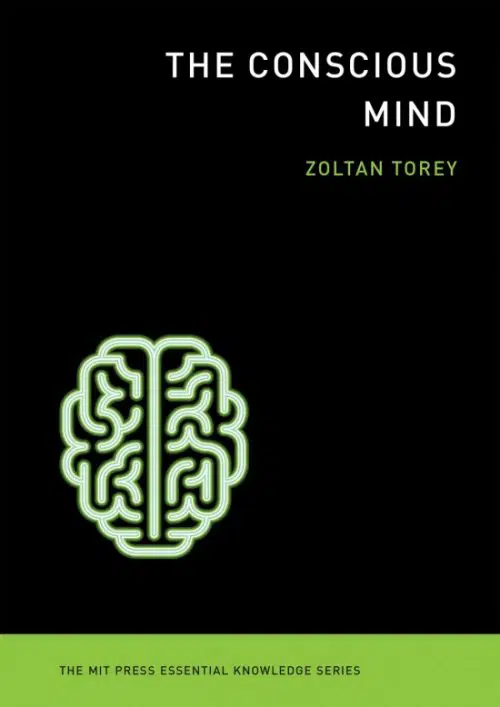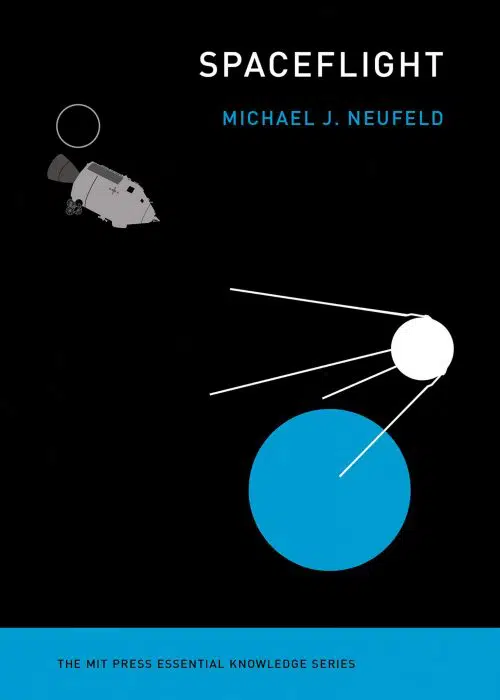The term “sustainability” has been linked to a variety of concepts, including a particular type of economic development and corporate commitments to better supply sourcing. The term “sustainability” has come to mean a number of different things despite appearing to be widely used. In this approachable primer to the concept’s history, Kent Portney investigates the application of sustainability in a range of modern situations, from economic growth and consumption to government policy and urban planning.
The World Commission on Environment and Development’s 1987 definition of sustainability as an economic development activity that “meets the requirements of the present without compromising the potential of future generations to satisfy their own needs” serves as Portney’s foundation. Sustainability, according to Portney, is fundamentally concerned with how natural resources are used and depleted. Finding some form of stable state so that the planet can support both the growth of the human population and the expansion of the economy is more important than environmental protection or the conservation of natural resources.
Portney examines the political opposition to the promotion of sustainability, which typically questions the necessity of sustainability or criticizes its costs; the role of the private sector and the corporate co-optation of sustainability; international, national, and subnational government policy on sustainability; and the collective and individual consumption of material goods and resources and the extent to which they must be curtailed to achieve sustainability.

